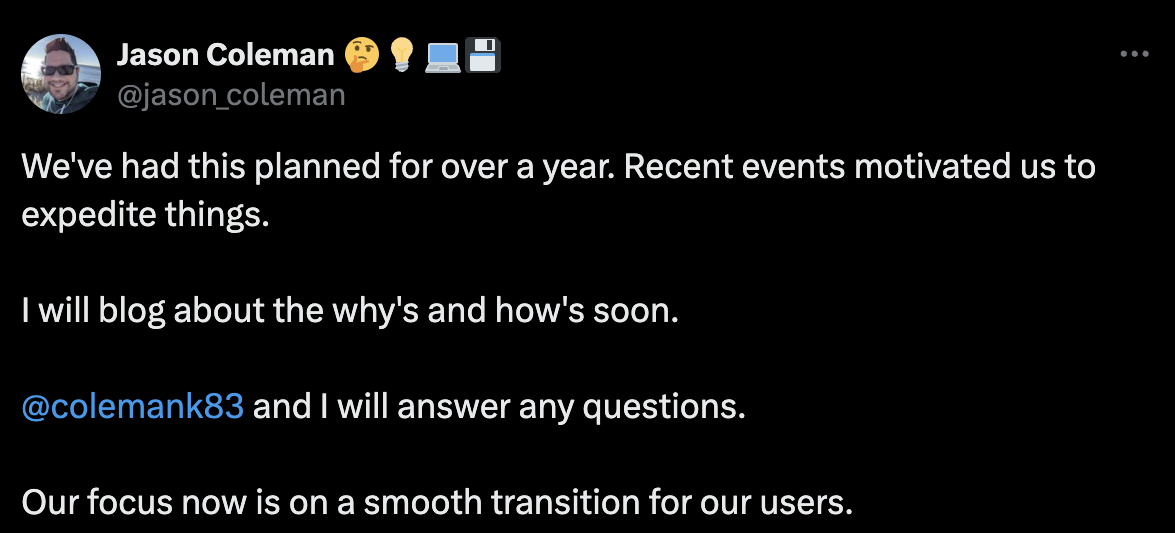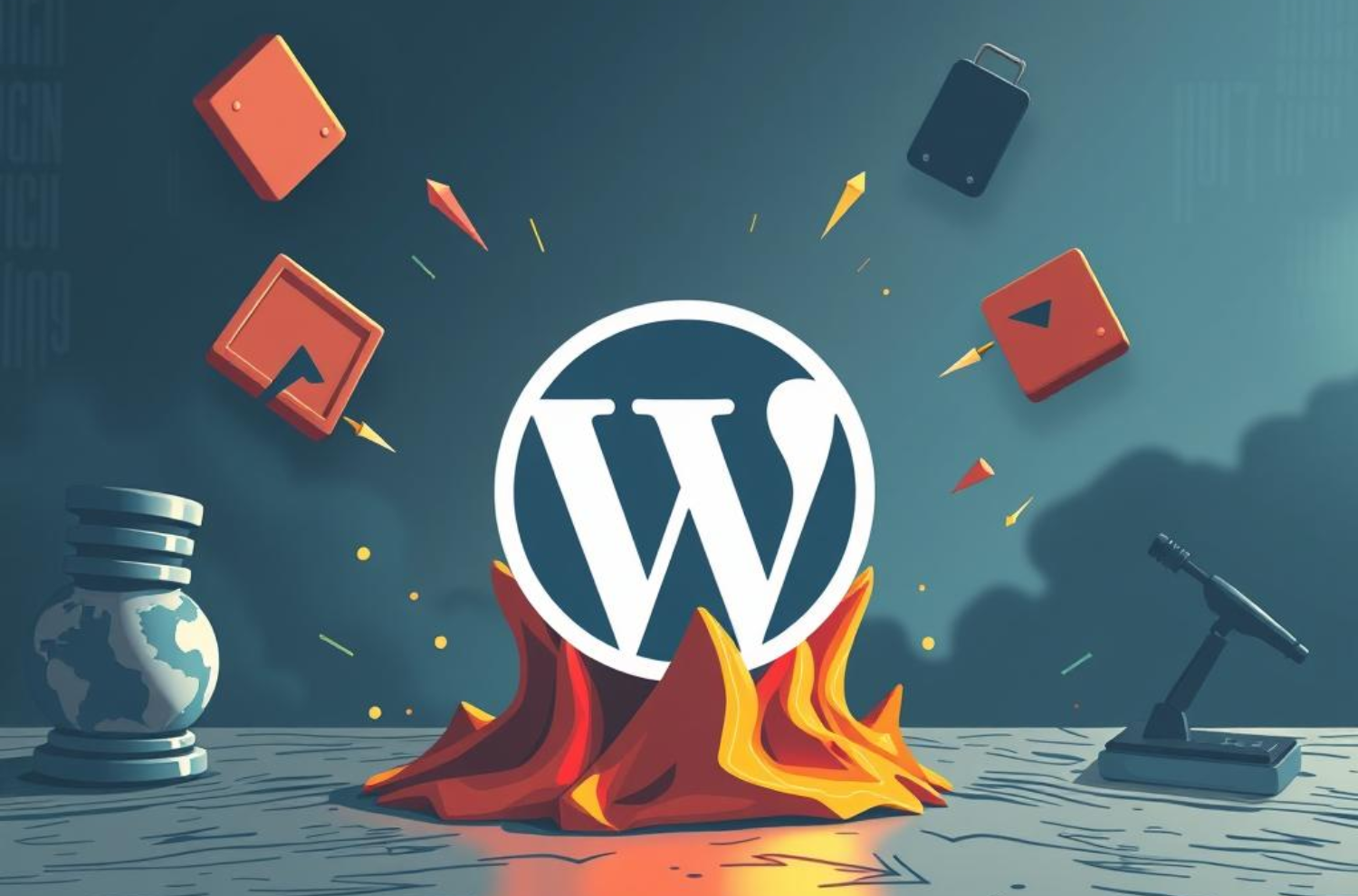Overview
The WordPress community is currently navigating turbulent waters as disputes surrounding Automattic, the parent company of WordPress.com, spark widespread backlash. Developers, plugin creators, and industry leaders are voicing concerns over what they see as increasing centralization of power within the WordPress ecosystem. Here's a breakdown of the controversy and why it matters.
Note: This is an update since our first blog on this issue, so be sure to read that one first to get more background information on how the controversy began!
The Community’s Backlash
Tensions reached a boiling point when Automattic, led by WordPress co-founder Matt Mullenweg, allegedly exercised heavy-handed tactics in disputes with prominent developers and companies. A notable instance is the creation of a satirical timeline site, Bullenweg, which accuses Mullenweg of repeated missteps.
Developers and users alike worry about Automattic’s control over the content management system (CMS) market, which powers over 40% of the web. The exclusive ownership of the WordPress trademark by Automattic is a focal point of criticism, with calls for transparency about when and how it can be used.
The Role of Trademarks
In July 2024, the WordPress Foundation filed to trademark the terms “Managed WordPress” and “Hosted WordPress.” Critics argue that this move could force companies providing WordPress-specific hosting to pay licensing fees. Some developers view this as a calculated step to consolidate control and monetize the WordPress ecosystem.
If granted, these trademarks could have far-reaching implications for the community:
Hosting providers may face increased costs or legal restrictions.
Independent developers fear that their projects could be targeted next.
Opinions From Thought Leaders
John O'Nolan, the founder of the headless CMS Ghost, took to X (formerly Twitter) to criticize the situation:
“The web needs more independent organizations, and it needs more diversity. 40% of the web and 80% of the CMS market should not be controlled by any one individual.”
David Heinemeier Hansson, the creator of Ruby on Rails, also weighed in, accusing Automattic of undermining open-source principles:
“Automattic is completely out of line, and the potential damage to the open source world extends far beyond WordPress. Don’t let the drama or its characters distract you from that threat.”
Developers Take Action
The fallout has prompted several prominent developers and companies to distance themselves from the WordPress.org repository.
Jake Jackson, the founder of the Gravity PDF plugin (with over 50,000 active installations), announced its removal from the repository:
“WordPress co-founder Matt Mullenweg has weaponized WordPress.org and appropriated the popular Advanced Custom Fields plugin from its creators. This action sets a dangerous precedent and violates the integrity and security of the platform.”Jason Coleman, CEO of Paid Memberships Pro, shared that version 3.3 and future updates will no longer be hosted on WordPress.org:
“We will now serve downloads and updates of our core plugin ourselves. The core plugin remains free, and users can still update it for free.”

Bill Erickson, creator of the BE Media plugin, stated:
“I am no longer comfortable hosting my code on WordPress.org given recent actions by Matt Mullenweg.”
These moves signal a growing distrust within the developer community toward Automattic’s leadership and policies.
Timeline of Events
July 2024: WordPress Foundation files to trademark “Managed WordPress” and “Hosted WordPress.”
October 2024:Paid Memberships Pro announces removal from WordPress.org repository.
Ongoing: Developers such as Gravity PDF and BE Media take similar actions, citing ethical concerns.
What’s Next for WordPress?
With many developers shifting toward self-hosted distribution and independent CMS solutions like Ghost, the WordPress ecosystem faces an uncertain future. While Automattic has yet to provide a comprehensive response to these criticisms, the community is watching closely.
Final Thoughts
This dispute underscores the challenges of balancing open-source ideals with commercial interests. As developers and users alike reconsider their relationship with WordPress, the future of the web’s most popular CMS hangs in the balance.
Do you support Automattic’s decisions, or do you side with the developers pushing for change? Share your thoughts on our blog by commenting on our Instagram post @websight_design —we’d love to hear from you!





